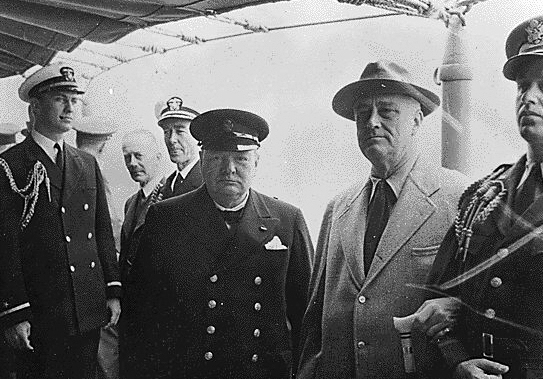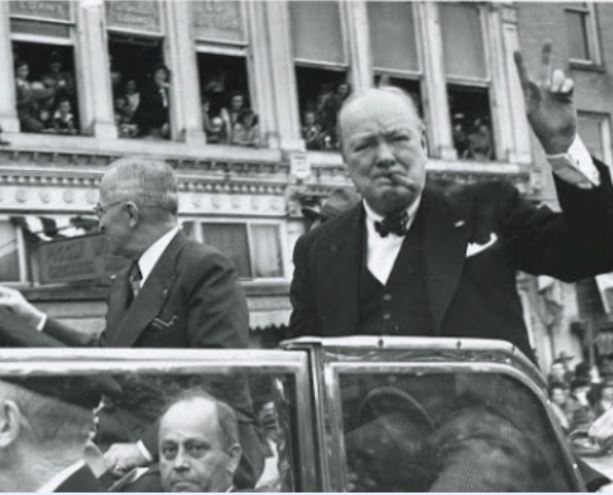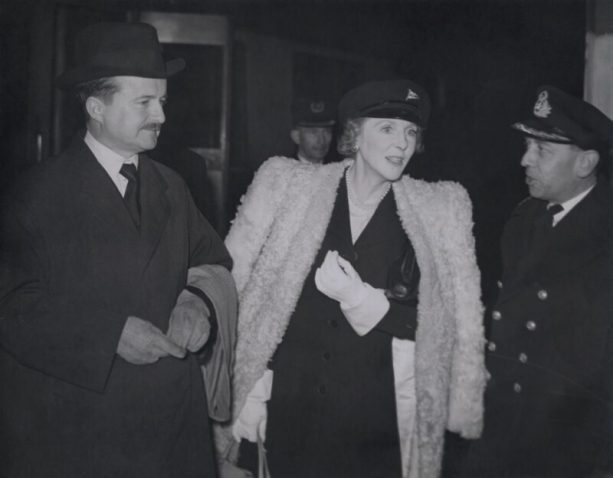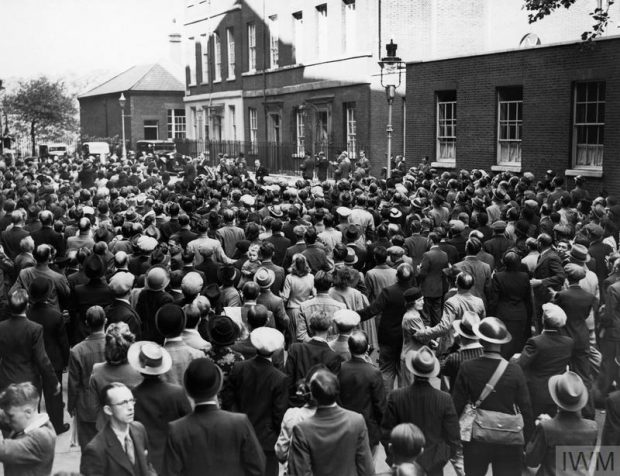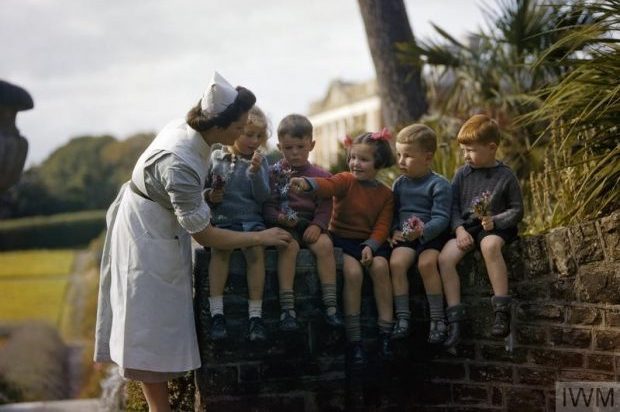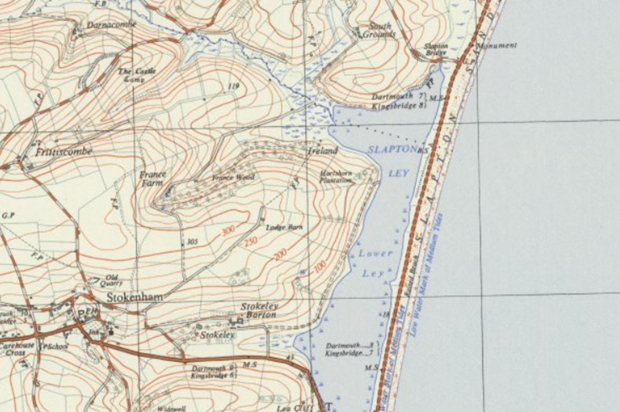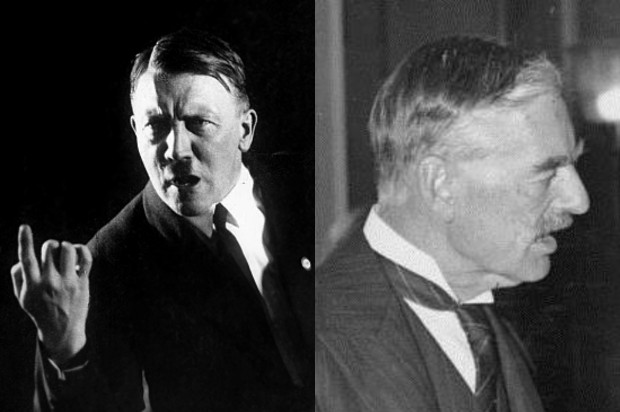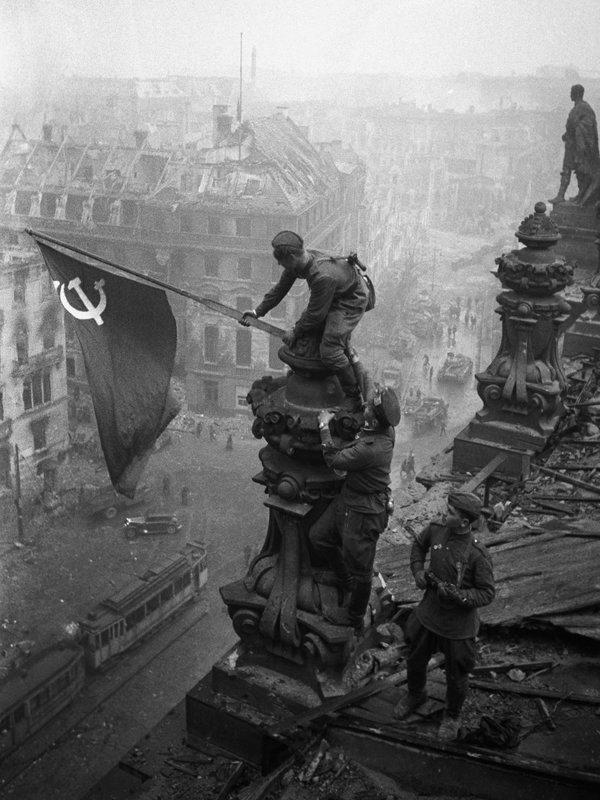Second World War
The principles set out in the Atlantic Charter eighty years ago remain key to the global vision shared by the UK and US. But its terms also contained the roots of international tensions that persist today: for example in relation …
Now, at this sad and breathless moment, we are plunged in the hunger and distress which are the aftermath of our stupendous struggle. Though no longer Prime Minister, Winston Churchill’s speech at Fulton on 5 March 1946 packed a formidable …
On 13 September 1944 a Dakota aircraft, with an escort of 45 Spitfires, flew across the English Channel towards Paris. The plane carried the new British Ambassador to France, Alfred ‘Duff’ Cooper, with the mission to re-establish a British presence in the newly liberated French capital.
With a flurry of diplomatic activity in the first 3 days of September 1939, was the Second World War inevitable?
On 1 September 1939, with war imminent, the government had initiated Operation Pied Piper, which would see the evacuation of over 1.5 million people from urban 'target' areas, of whom 800,000 were children. What were the consequences of this massive scheme, both short-term and long-term?
An incredible feat of engineering, Aspidistra was, in 1942, the most powerful radio transmitter in the world. This allowed the British to unleash a new kind of propaganda on Germany, and give Goebbels ‘something to worry about’.
Once the Allies decided to land in Normandy, they identified the need to practice.
On 31 March 1939 Neville Chamberlain committed Britain to defending Polish independence. After years of trying to preserve peace and buy time for rearmament, he recognised that international developments and domestic opinion meant this guarantee was necessary, though it was to mean war with Germany 6 months later.
How should a responsible government deal with the threat of military invasion? This question is not one that many British governments have had to consider. Yet for a 12-month period after May 1940 it was one that exercised those in …
The Battle for Berlin, April to May 1945 The image of the hoisting of the Red Flag over the Reichstag 2 May 1945 has come to represent the ‘total victory’ of Soviet Russia over Nazi Germany in the Second World …
